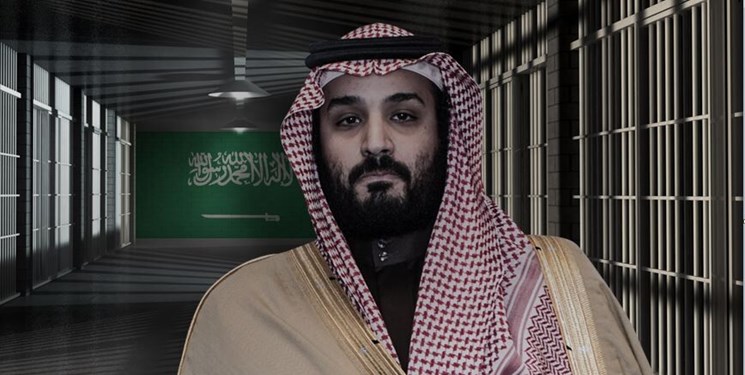New York Times Describes Situation In Saudi Arabia As “Injustice and Pressure For All”
The American newspaper “New York Times” published a report entitled “Equality in Injustice… Saudi Arabia Expands Repression of Dissidents” and confirmed that Saudi courts will impose harsher punishments than before for citizens who criticize the government.
This American newspaper wrote in its report: prosecution for Twitter tweets ends in 15 to 45 years in prison; As happened to blogger Saad al-Madi, whose 14-word tweet led to his imprisonment.
The New York Times further wrote: Al-Madi, who in addition to his Saudi nationality is also an American citizen, wrote on Twitter in response to a university professor who strongly criticizes this country: “Mohammed bin Salman will control the economy, defense and everything of the kingdom at the time He took the oath of office”.
This American newspaper continued: Saudi authorities arrested 72-year-old al-Madi during his trip to Riyadh seven years after this tweet. The kingdom’s intelligence agencies used this tweet as evidence. They used his other critical tweets to criticize the government for accusations such as “defaming government institutions” and “supporting terrorist beliefs and agendas.” Al-Medi was sentenced to 16 years in prison, which was changed to 19 years after an appeal.
Ibrahim, al-Madi’s son, said in an interview with the media: His father, who used to drink wine and take long walks, is now kept in Al-Hayer prison in Riyadh; where al-Qaeda members and political activists are imprisoned.
Saudi activists living abroad have told the New York Times that “they do not feel safe to return to their country; Because the scope of repressions has expanded in an unprecedented way.
The newspaper reports that a few years ago, women were banned from driving in the kingdom, and it was almost impossible to imagine holding a public dance concert for young people; But now Saudi Crown Prince Mohammed bin Salman is trying to make reforms with the huge profits from his country’s oil revenues.
Children executed by Saudi Arabia
The New York Times further wrote: Saudi activists still yearn for such reforms and fought for them for years, but now all or most of them are in prison. While social restrictions have eased, there are still fewer opportunities and space for political discourse in this country.
This media added: Since 2017, Saudi authorities have arrested hundreds of well-known figures, including Snapchat activists, clerics, billionaires, and many cousins of the prince.
One of the writers of this American newspaper says: The murder of Washington Post columnist Jamal Khashoggi in 2018 by Saudi agents in Istanbul sparked international outrage, “the most dramatic example of the wider Saudi repression that has continued since the death of this journalist.”
The New York Times report is published while international legal institutions, while announcing the doubling of executions and the increase in the wave of arrests in Saudi Arabia, have criticized the increase in violence and injustice by the Saudi regime.









